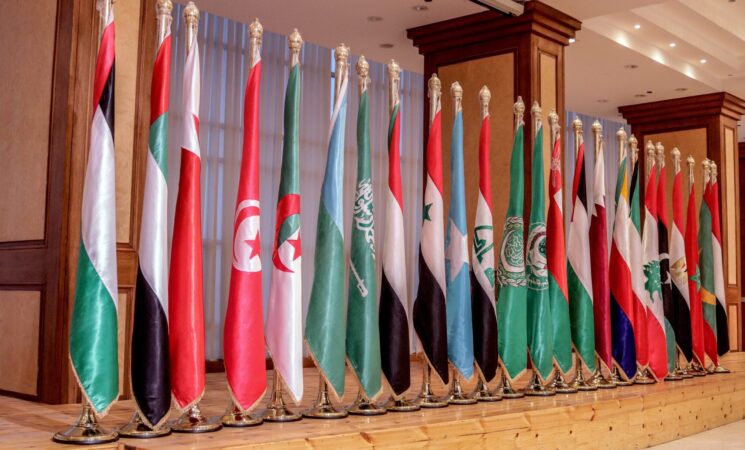Shifting Geopolitics in the Middle East
Tuesday, June 13, 2023
Registration: 5:45 - 6:00pm
Program: 6:00 - 7:00pm
Reception: 7:00pm - 8:00pm
*The Cosmopolitan Club
122 E 66th Street
New York City
*Business attire: jackets are required for gentleman
Featuring
Ms. Asha Castleberry-Hernandez
Former Senior Advisor to Assistant Secretary of State of Near Eastern Affairs,
U.S. State Department
Kuwait Desk Officer, U.S. Army Central
Ms. Holly Dagres
Nonresident Senior Fellow, Atlantic Council
Editor, IranSource and The Iranist
Ambassador (ret.) Martin S. Indyk
Former U.S. Ambassador to Israel (1995-1997 and 2000-2001)
Lowy Distinguished Fellow in U.S.-Middle East Diplomacy, Council on Foreign Relations
Moderated by
Ambassador (ret.) Susan M. Elliott
President & CEO, NCAFP
On March 10, 2023, China brokered an agreement between two long regional rivalries, Iran and Saudi Arabia, restoring diplomatic relations that were severed in 2016. Both Iranian and Saudi foreign ministers who met in Beijing had promised to increase the “scope of co-operation, and contribute to achieving security, stability and prosperity in the region.” This comes three years after the Abraham Accords when President Trump’s Senior White House Advisor, Jared Kushner, helped to normalize relations among Israel, the United Arab Emirates, Bahrain, and Morocco, a policy that won him a nomination for the 2021 Nobel Peace Prize.
Will normalized relations between Tehran and Riyad establish stability in Yemen and Syria, two war-torn countries caught in proxy and civil conflicts? Is this an end to Iran’s isolation in the region and the world, and therefore U.S.-led influence? If so, how might Israel reframe a new security architecture in the region?
While some critics have questioned China’s genuine intentions for either party, others have praised the prospects of budding rapprochement for Tehran and Riyad. What allowed China, a unique actor in the diplomatic space, the ability to negotiate the deal? Was it to bring stability and cooperation; or as skeptics ask, was it a direct challenge to U.S.-led policy and involvement that has defined the region for decades? What is next for American foreign policy in the Middle East?


